Podcast: Play in new window | Download (Duration: 32:34 — 22.5MB) | Embed
Subscribe: Apple Podcasts | Spotify | Amazon Music | Android | Pandora | iHeartRadio | JioSaavn | Podchaser | Gaana | Podcast Index | Email | TuneIn | Deezer | Anghami | RSS | More

Extraordinary Mystical Phenomenon – The Life of St. Teresa of Avila – Beginning to Pray with Dr. Anthony Lilles
Dr. Anthony Lilles and Kris McGregor discuss locutions and the experiences of St. Teresa of Avila. They explain that locutions, or extraordinary mystical phenomena, are more common than people realize but are unnecessary for salvation. Dr. Lilles points out that these experiences don’t necessarily reflect a person’s spiritual maturity and can be both helpful and potentially misleading. He provides examples of individuals who misinterpreted their experiences and warns against seeking such phenomena for the sake of bypassing the obedience of faith. They go into different types of locutions, emphasizing the importance of discernment and testing these experiences.
Highlighting the transformative power of genuine locutions, which bring clarity, freedom, and strength, helps us live a more aligned life with God’s will.
For more episodes in this series: The Life of St. Teresa of Avila; with Dr. Anthony Lilles
For an audio version of the book: “The Life of St. Teresa of Jesus” by St. Teresa of Avila
For other audio recordings of various spiritual classics, you can visit the Discerning Hearts Spiritual Classics page.

Discerning Hearts reflection questions for this episode:
- Understanding Locutions: How would you explain the concept of locutions and their significance in Catholic spirituality?
- Discernment and Spiritual Maturity: What insights does Dr. Anthony Lilles offer regarding the relationship between locutions and spiritual maturity? How does this challenge common misconceptions?
- Distinguishing Genuine Experiences: Based on the discussion, how can one discern between authentic locutions and misleading experiences? What criteria or signs did the speakers mention?
- Responsiveness to Divine Guidance: Reflect on the importance of being receptive to divine guidance in one’s spiritual journey. How can individuals cultivate openness to hearing God’s voice?
- Role of Spiritual Direction: How does this episode highlight the significance of spiritual direction in navigating mystical experiences? What role does accountability and guidance play in discernment?
- Integration with Scripture: Discuss the relationship between locutions and scriptural grounding. How can individuals align their experiences with biblical principles and teachings?
- Personal Reflections on Prayer: Consider your own prayer life. Have you ever experienced moments of perceived divine inspiration? How do these experiences shape your faith and actions?
An excerpt from Chapter 25, discussed in this episode:
“It will be as well, I think, to explain these locutions of God, and to describe what the soul feels when it receives them, in order that you, my father, may understand the matter; for ever since that time of which I am speaking, when our Lord granted me that grace, it has been an ordinary occurrence until now, as will appear by what I have yet to say.
The words are very distinctly formed; but by the bodily ear they are not heard. They are, however, much more clearly understood than they would be if they were heard by the ear. It is impossible not to understand them, whatever resistance we may offer. When we wish not to hear anything in this world, we can stop our ears, or give attention to something else: so that, even if we do hear, at least we can refuse to understand. In this locution of God addressed to the soul there is no escape, for in spite of ourselves we must listen; and the understanding must apply itself so thoroughly to the comprehension of that which God wills we should hear, that it is nothing to the purpose whether we will it or not; for it is His will, Who can do all things. We should understand that His will must be done; and He reveals Himself as our true Lord, having dominion over us. I know this by much experience; for my resistance lasted nearly two years, because of the great fear I was in: and even now I resist occasionally; but it is of no use.
I should like to explain the delusions which may happen here, though he who has had much experience will run little or no risk, I think; but the experience must be great. I should like to explain also how those locutions which come from the Good Spirit differ from those which come from an evil spirit; and, further, how they may be but an apprehension of the understanding,—for that is possible,—or even words which the mind addressed to itself. I do not know if it be so but even this very day I thought it possible. I know by experience in many ways, when these locutions come from God. I have been told things two or three years beforehand, which have all come to pass; and in none of them have I been hitherto deceived. There are also other things in which the Spirit of God may be clearly traced, as I shall relate by and by.
It seems to me that a person commending a matter to God with great love and earnestness may think that he hears in some way or other whether his prayer will be granted or not, and this is quite possible; but he who has heard the divine locution will see clearly enough what this is, because there is a great difference between the two. If it be anything which the understanding has fashioned, however cunningly it may have done so, he sees that it is the understanding which has arranged that locution, and that it is speaking of itself. This is nothing else but a word uttered by one, and listened to by another: in that case, the understanding will see that it has not been listening only, but also forming the words; and the words it forms are something indistinct, fantastic, and not clear like the divine locutions. It is in our power to turn away our attention from these locutions of our own, just as we can be silent when we are speaking; but, with respect to the former, that cannot be done.”
Anthony Lilles, S.T.D. is an associate professor and the academic dean of Saint John’s Seminary in Camarillo as well as the academic advisor for Juan Diego House of Priestly Formation for the Archdiocese of Los Angeles. For over twenty years he served the Church in Northern Colorado where he joined and eventually served as dean of the founding faculty of Saint John Vianney Theological Seminary in Denver. Through the years, clergy, seminarians, religious and lay faithful have benefited from his lectures and retreat conferences on the Carmelite Doctors of the Church and the writings of St. Elisabeth of the Trinity.

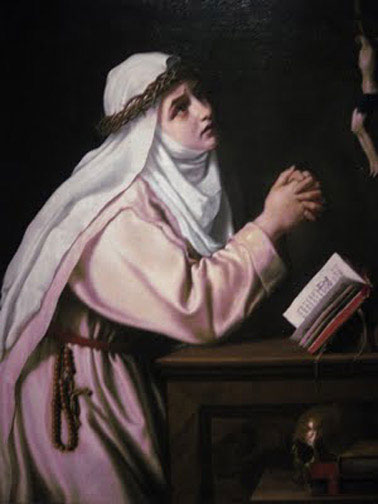
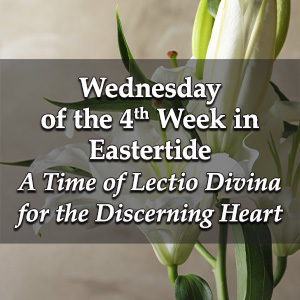 Wednesday of the Fourth Week of Eastertide – A Time of Lectio Divina for the Discerning Heart Podcast
Wednesday of the Fourth Week of Eastertide – A Time of Lectio Divina for the Discerning Heart Podcast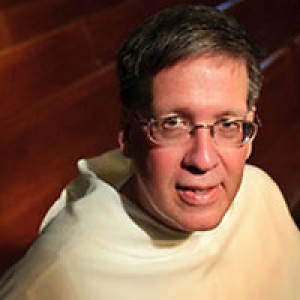
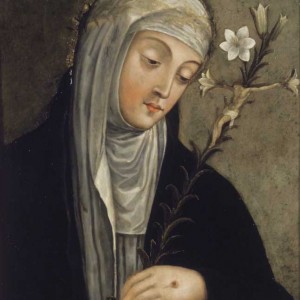
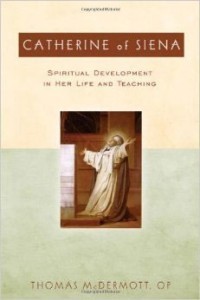

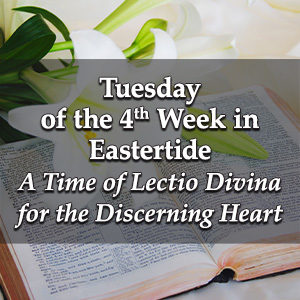 Tuesday of the Fourth Week of Eastertide – A Time of Lectio Divina for the Discerning Heart Podcast
Tuesday of the Fourth Week of Eastertide – A Time of Lectio Divina for the Discerning Heart Podcast
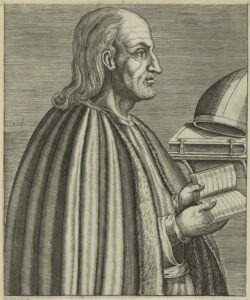 Discerning Hearts Reflection Questions
Discerning Hearts Reflection Questions
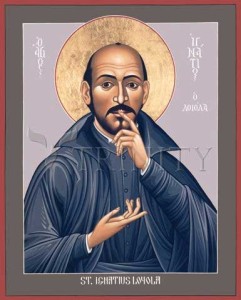 Discerning Hearts Reflection Questions:
Discerning Hearts Reflection Questions: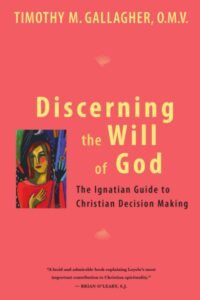
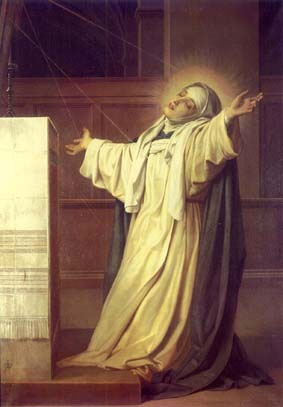 The Eternal Father speaks to Catherine:
The Eternal Father speaks to Catherine: